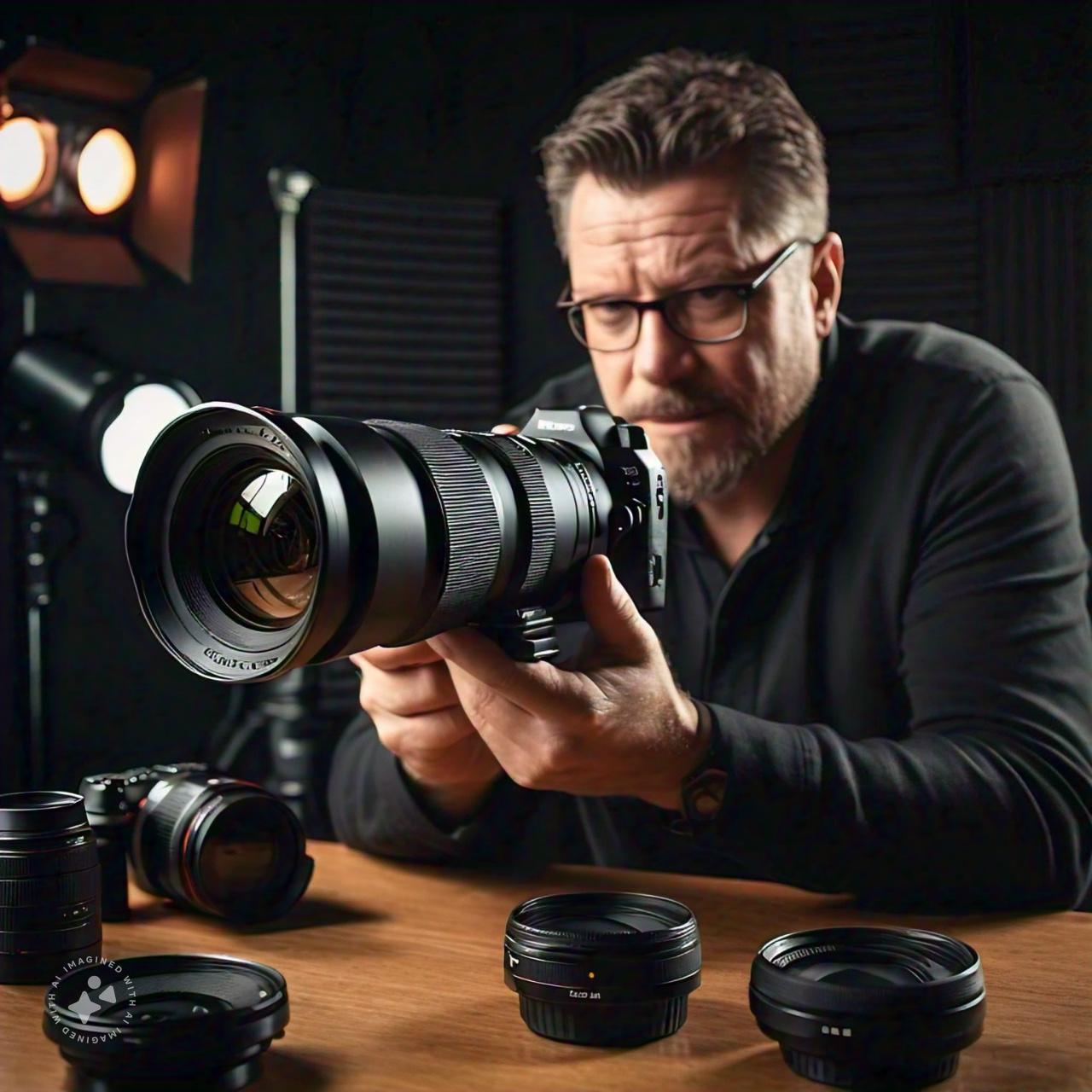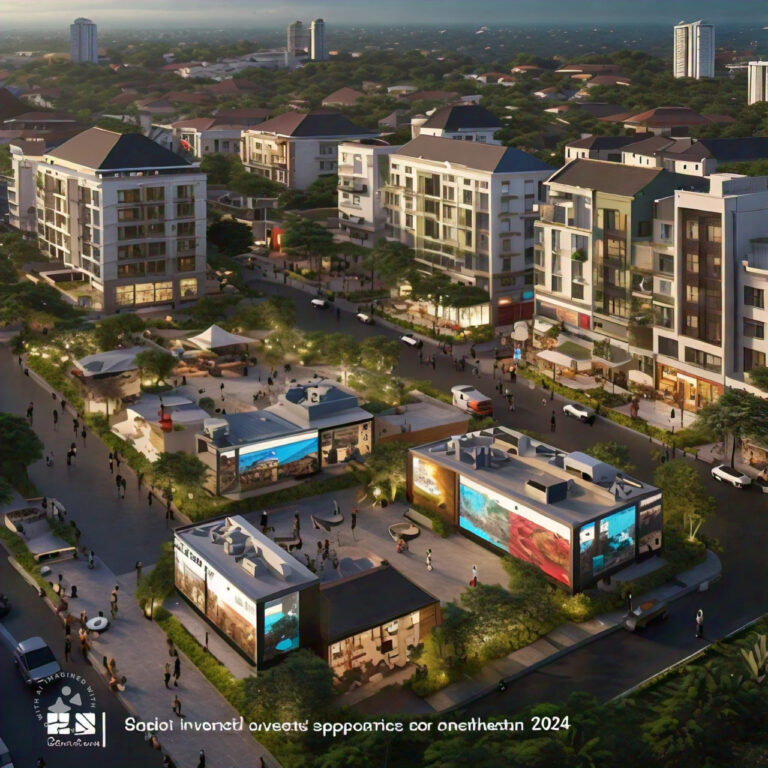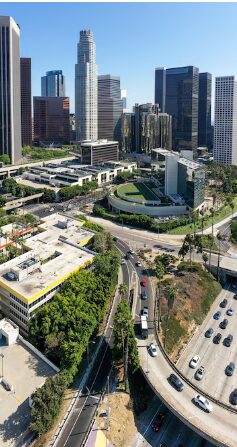Best Lens for Real Estate Photography: A Buyer’s Guide
When it comes to real estate photography, the right lens can make all the difference. Capturing the essence of a property—its spaciousness, charm, and unique features—requires a lens that can do justice to its dimensions and aesthetics. In this guide, we’ll explore the best lens for real estate photography, share personal anecdotes, and phttps://amzn.to/3XPYsvorovide practical advice to help you make an informed decision.
Table of Contents
Why the Right Lens Matters
As a budding real estate photographer, I remember my first shoot vividly. I was excited but also nervous; I had just invested in my first DSLR camera and was eager to impress my client. However, I quickly realized that my standard kit lens wasn’t cutting it. The photos felt flat and lacked the depth that would showcase the beautiful home I was photographing.After that experience, I learned that the right lens is crucial for capturing stunning images that attract potential buyers. A good lens can highlight a property’s best features while minimizing distortion, ensuring that spaces look inviting and spacious.
Key Features to Look For in a Lens
Before diving into specific recommendations, let’s discuss some essential features you should consider when choosing a lens for real estate photography:
- Wide-Angle Capability: A wide-angle lens allows you to capture more of a room in one shot, making spaces feel larger.
- Low Distortion: Look for lenses that minimize distortion, especially at the edges of the frame. This will help maintain the integrity of the space.
- Image Stabilization: This feature is beneficial when shooting in low light or without a tripod, helping to reduce blur from camera shake.
- Versatility: A zoom lens can offer flexibility in framing shots without having to change lenses frequently.
Top Lenses for Real Estate Photography
1. Canon EF 16-35mm f/4L IS USM
If you’re shooting with a Canon camera, this is one of the best options available. The 16-35mm range is perfect for real estate photography; it’s wide enough to capture small spaces while still allowing for tighter compositions.Personal Insight: During my early days as a photographer, I borrowed this lens from a friend for a shoot. The difference was night and day! The images were sharp and vibrant, and I could easily capture entire rooms without making them look cramped.
2. Nikon Nikkor 16-35mm f/4
For Nikon users, this lens is equally impressive. With features like Nano Crystal Coating to reduce ghosting and flare, it performs beautifully in various lighting conditions.Relatable Scenario: Imagine walking into a dimly lit living room with large windows; this lens allows you to capture the natural light streaming in while keeping colors true to life.
3. Sony SEL1224G 12-24mm f/4
For those using Sony cameras, this lens offers an ultra-wide perspective without significant distortion. It’s fantastic for capturing expansive interiors or exteriors.Example: I once photographed a stunning beachfront property with this lens. The wide angle allowed me to include both the beautiful ocean view and the expansive deck in one shot—something that made the listing stand out!
4. Canon TS-E 24mm f/3.5L II Tilt-Shift Lens
This tilt-shift lens is perfect for architectural photography as it allows you to control perspective distortion effectively. While it requires manual focus, the results are often worth the extra effort.Unique Insight: Using this lens feels like painting with light; you can create images that look almost three-dimensional by adjusting the tilt and shift settings.
5. Tamron 10-24mm f/3.5-4.5
A more budget-friendly option that still delivers quality results is the Tamron 10-24mm lens. It provides excellent sharpness and minimal aberration at an affordable price point.Practical Advice: If you’re just starting out in real estate photography and don’t want to break the bank, this lens is an excellent choice that won’t compromise on quality.
Practical Tips for Using Your Lens Effectively
- Use a Tripod: This will help stabilize your shots, especially in low-light conditions.
- Experiment with Angles: Don’t be afraid to get creative! Shoot from different heights or angles to find unique perspectives that highlight the property’s best features.
- Post-Processing Matters: Even with the best lenses, some editing may be necessary to correct minor distortions or enhance colors.
- Lighting is Key: Natural light works wonders in real estate photography; try shooting during golden hour for soft, flattering light.
Conclusion
Choosing the right lens for real estate photography can significantly impact your ability to capture stunning images that resonate with potential buyers. Whether you opt for a wide-angle Canon or Nikon lens or explore tilt-shift options for architectural shots, each choice brings its unique advantages.Remember my early experiences? They taught me that investing in quality gear pays off—both in terms of client satisfaction and personal fulfillment as a photographer. So take your time exploring your options; find what fits your style and needs best.
FAQs About Lenses for Real Estate Photography
Q1: What focal length is best for real estate photography?
A focal length between 16mm and 35mm is generally ideal for capturing interiors without significant distortion.
Q2: Do I need image stabilization?
While not mandatory, image stabilization can be very helpful when shooting indoors or in low-light conditions without a tripod.
Q3: Can I use a crop sensor camera?
Yes! Just remember that crop sensors will give you an effective focal length increase (e.g., a 10-18mm lens will behave like a 15-27mm).
Q4: How important is post-processing?
Post-processing can enhance your images significantly by correcting distortions and improving color balance—don’t skip it!
Q5: What budget should I expect for a good real estate lens?
Quality lenses can range from $300 to over $1,500 depending on brand and features; however, there are excellent mid-range options available around $600-$800.By understanding your needs and exploring various options, you’ll find the perfect lens that helps you capture stunning real estate photographs! Happy shooting!






